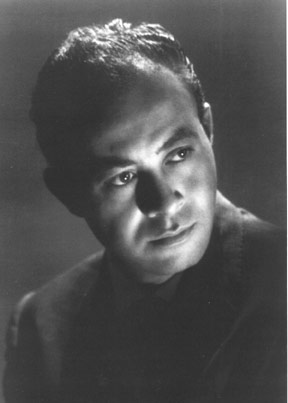Voices in the Wilderness – Nicolas Flagello

The story of Nicolas Flagello embodies both tragedy and pathos, but it is one whose broad outlines are not uncommon throughout musical history. Born to a musical family with deep roots in the culture of nineteenth-century Italy, Flagello displayed a significant talent early on, performing publicly as a pianist while still a child. A student — and later colleague — of Vittorio Giannini, Flagello was deeply imbued with the values and practices of European Late Romanticism. Reaching maturity during the late 1940s and early 1950s, he found the hard-edged Modernist styles then in ascendancy cold and impersonal and alien to his temperament. To many of those in positions of power and influence, his music seemed hopelessly out of date, fifty years behind its times. Driven by the idealism instilled in him by Giannini, he produced a prodigious body of work, with little concern for the practical exigencies of a composing career. Then, approaching middle age with little reputation and no means of financial support, he descended into a self-destructive course that alienated friends and allies, damaged his creative abilities, and eventually cost him his health. Only after serious illness had forced his withdrawal from public life did interest in his work and recognition of its merit begin to gather momentum.
(From Voices in the Wilderness, p. 327)